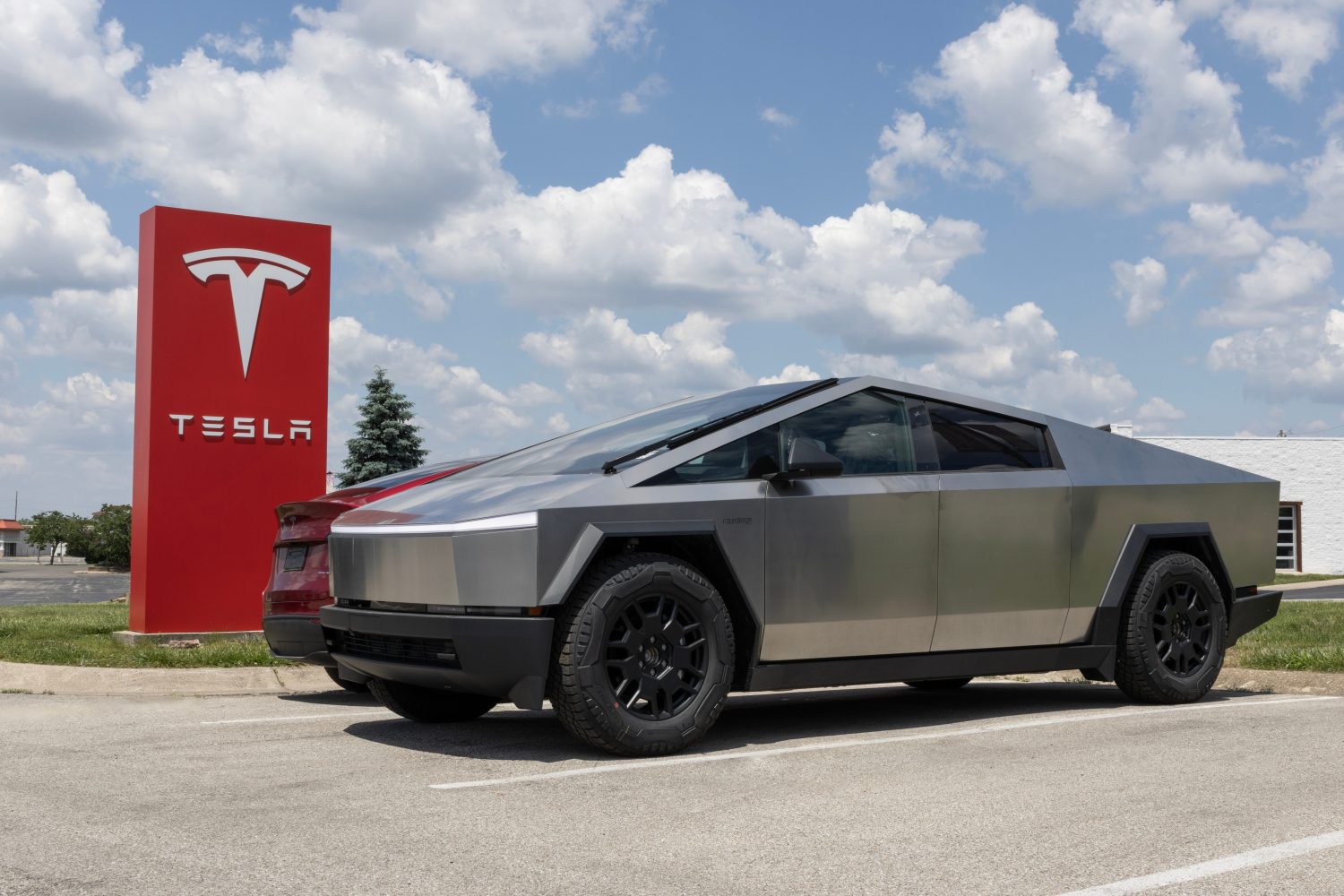Electric vehicle (EV) registrations surged 18% in July compared to the same month last year, driven by the success of newer models like the Tesla Cybertruck and the Honda Prologue, according to the latest data from S&P Global Mobility. Tesla, the EV market leader, ended a five-month slump with a 1.2% increase in registrations, bolstered by 5,175 deliveries of the highly anticipated Cybertruck launched in November. Other EV pickups combined sold just 5,546 units during the same period.
The surge in registrations reflects the growing appeal of EVs, aided by substantial incentives. For example, according to Motor Intelligence, consumers received $19,703 in discounts on the Kia EV9, $13,015 on the Volkswagen ID.4, and $7,035 on the Honda Prologue. Despite their typically higher retail prices, these factory and government incentives have helped make electric vehicles more competitive with their gasoline and hybrid counterparts.
However, analyst Tom Libby of S&P Global Mobility cautioned that the current sales boom heavily relies on these incentives. “At full MSRP, these EV products would not sell. They are being heavily incentivized to compete with internal combustion vehicles, and if these incentives were pulled, sales would drop dramatically,” Libby said.
Tesla maintained its dominance in the electric vehicle (EV) market, but its Model 3 sedan experienced a significant 31% drop in registrations. This decline was primarily attributed to the base model being ineligible for federal EV tax credits due to stricter battery-sourcing regulations implemented earlier in the year.
Despite Tesla’s dominance, non-Tesla EV registrations surged 38% year-over-year as competitors gained momentum. Hyundai Motor Group, which includes the Hyundai, Kia, and Genesis brands, secured second place with 10,846 EV registrations. General Motors followed in third with 9,767 registrations across its Chevrolet, Cadillac, GMC, and BrightDrop brands, while Ford Motor Co. ranked fourth with 9,504 registrations.
“This is the second wave of competitor vehicles,” Libby said. “These are very solid and competitive products affecting Tesla’s position.”
Nonetheless, total EV registrations for July reached 118,273, up from 100,620 in the previous year. EVs now represent 8.5% of the overall U.S. light-vehicle market, an increase from 7.6% a year earlier. In the first seven months of 2024, EV registrations grew by 8.7%, capturing a 7.6% market share, compared to 7.2% in the same period last year.
Despite the positive trend, there were signs of weakness in the broader EV market. Rivian, a major player in the EV space, saw a 0.3% decline in combined registrations for its R1S and R1T models in July. Rivian’s R1S crossover, the brand’s top-selling vehicle, saw an 18% drop in registrations as it faced competition from Kia’s EV9, which registered 1,960 units in July, surpassing the R1S.
Amid these challenges, Tesla’s overall growth and the strong performance of new entrants like the Honda Prologue and Kia EV9 suggest that the EV market continues to evolve, with fierce competition ahead as more automakers vie for leadership in this rapidly expanding segment.



Bolstered by Cluster Truck? What? The 18% increase is more than triple the Cluster Truck’s delivery numbers, and the article very clearly says that Tesla’s deliveries only increased 1.2% after a five month “slump”. Someone needs a better editor.